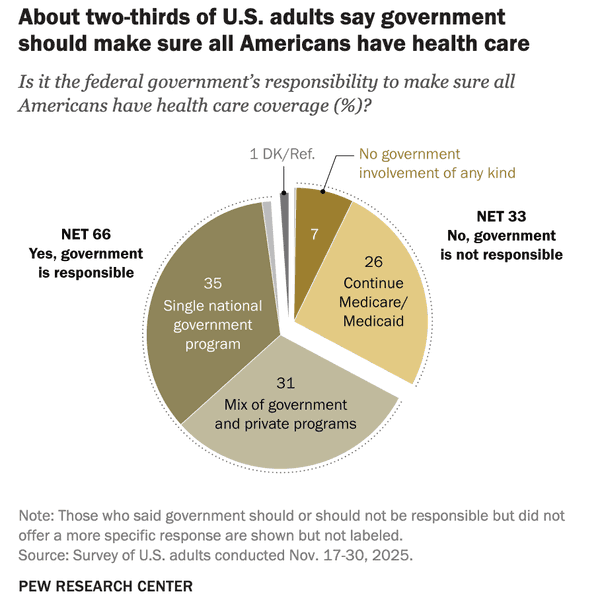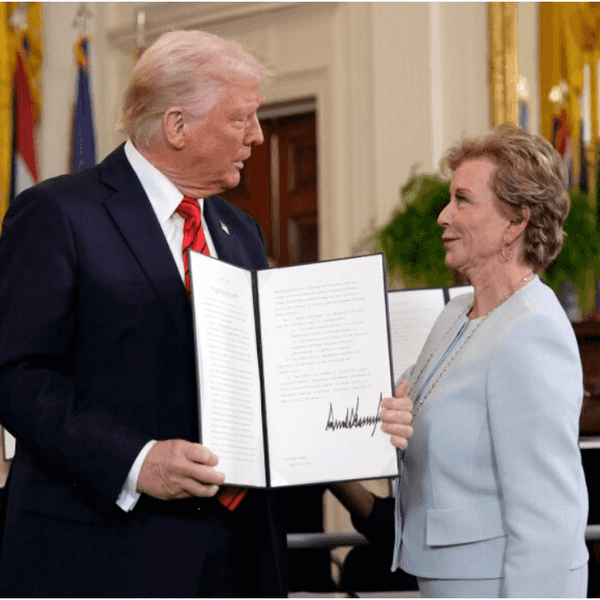Supreme Court Says Home Health Workers Cannot Be Forced To Pay Union Dues

By David G. Savage, Tribune Washington Bureau
WASHINGTON — The Supreme Court dealt a setback to the union movement Monday, ruling personal home care employees cannot be forced to pay dues to a union.
In a 5-4 ruling written Justice Samuel A. Alito Jr., the court said these employees, some of whom care for their disabled children at home, have a constitutional right not to support a union they oppose.
The decision is a victory for the National Right to Work Foundation, which took up the cause of several mothers who objected to paying union fees. It is a defeat for Service Employees International Union and Illinois Governor Pat Quinn.
Beginning in 2003, Illinois officials agreed to deem these home care workers “public employees” because they are paid with Medicaid funds to care for disabled adults. That cleared the way for the SEIU to organize them into a union.
Union officials say they have won higher wages and better benefits for 20,000 of these home care assistants in Illinois. But anti-union lawyers sued the state, arguing these private assistants are not truly public employees and should not be compelled to pay fees to a union.
In keeping its ruling narrow, the court refrained from dealing an even greater setback to unions. Some had urged the court to rule that all public employees have a right to opt out of paying union dues, reversing its 1977 ruling that upheld mandatory union fees.
By law, public employees cannot be required by law to join a union and pay full dues as members. These dues may pay for lobby and political spending.
But since 1977, the high court had upheld so-called “fair share” fees that require all the employees to pay a lesser amount to cover the cost of collective bargaining.
In recent years, however, more conservative justices raised doubts about whether the practice violated the First Amendment. They argued that the government usually cannot force individuals to support private groups, yet the mandatory fees forced some government employees to support organizations they opposed.
In the Illinois case, known as Harris v. Quinn, the National Right to Work Foundation urged the justices to either limit who can be forced to support a union or to strike down mandatory fees entirely.
A ruling casting doubt on mandatory fees could have a significant effect in Democratic-leaning states, which authorize unions and mandatory fees. These so-called blue states are in the Northeast, the Upper Midwest and on the West Coast. Most of the Republican-leaning red states in the South and the Great Plains have “right to work” laws that allow employees to opt out of unions.
AFP Photo/Saul Loeb








